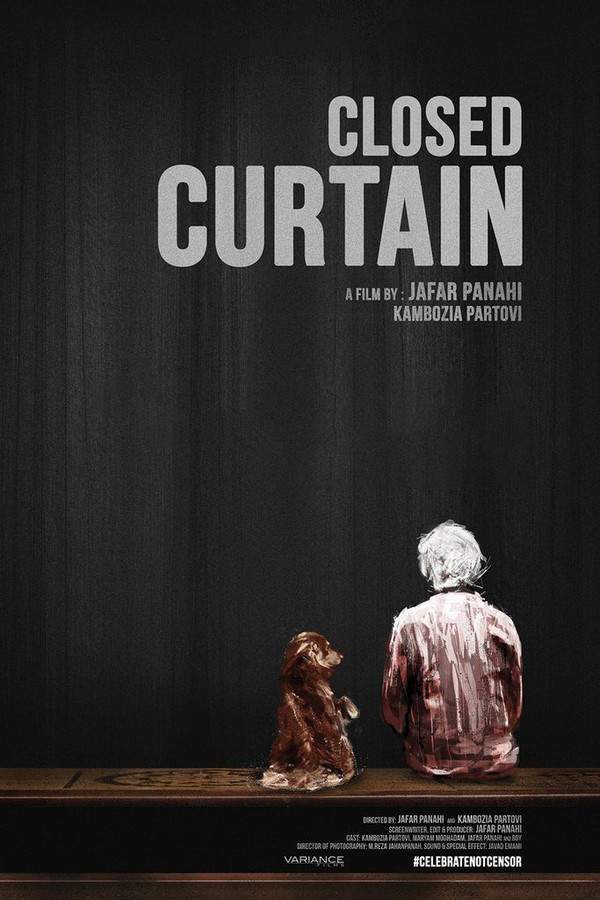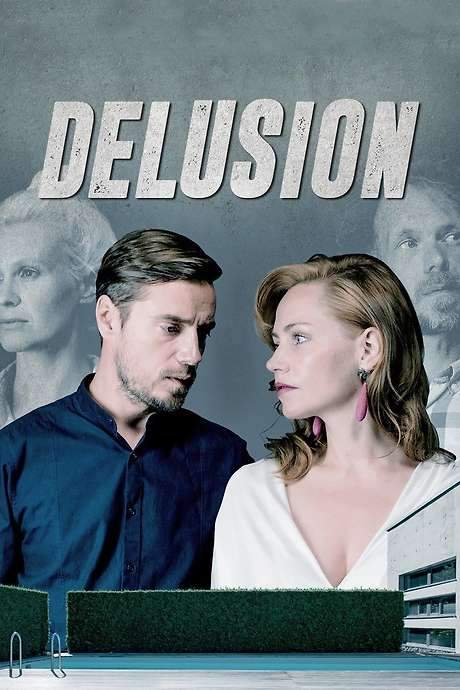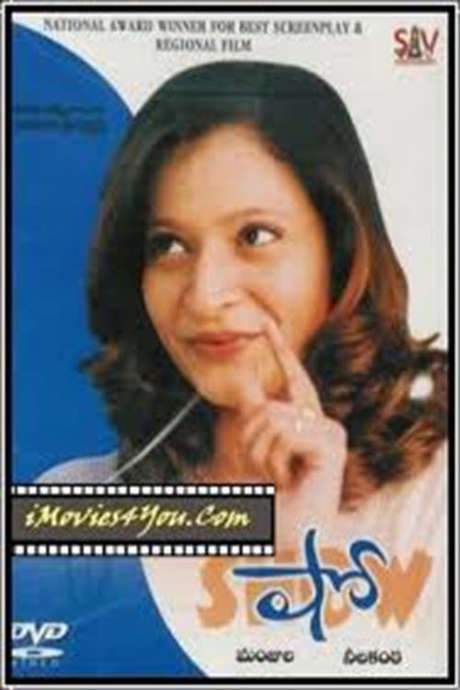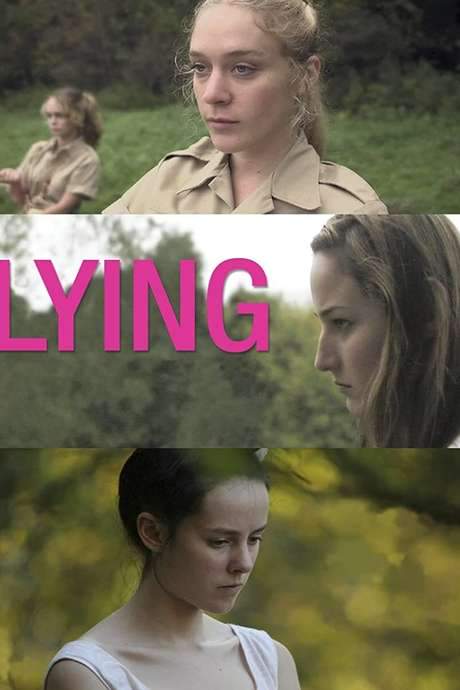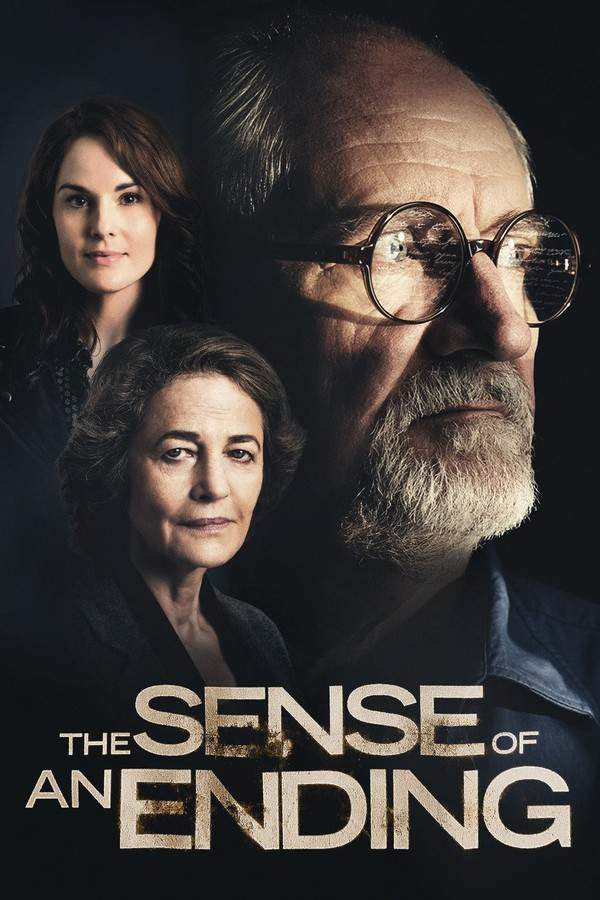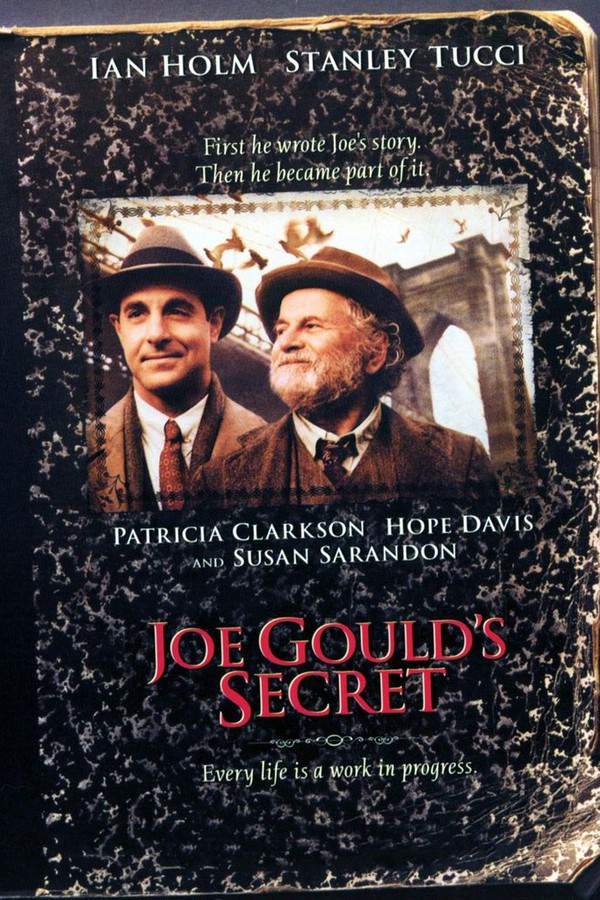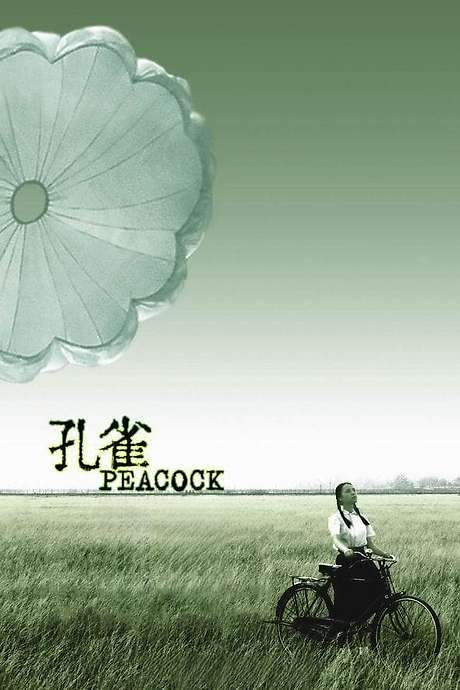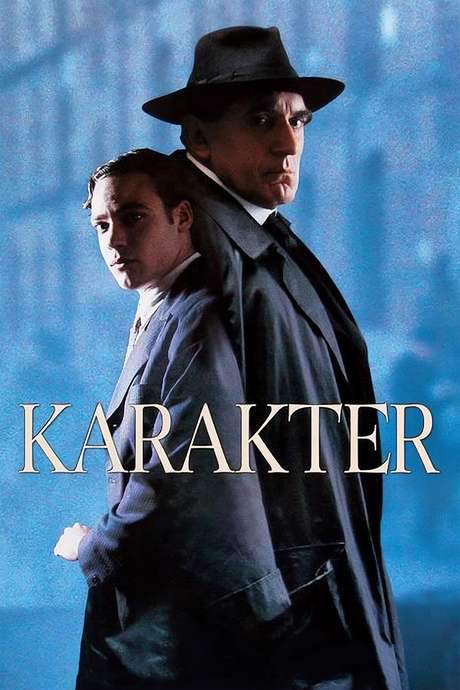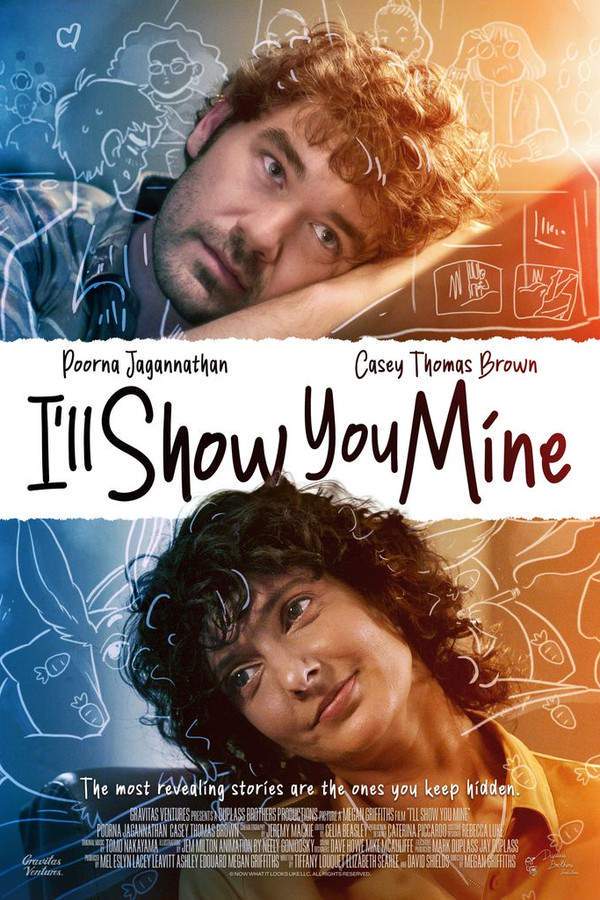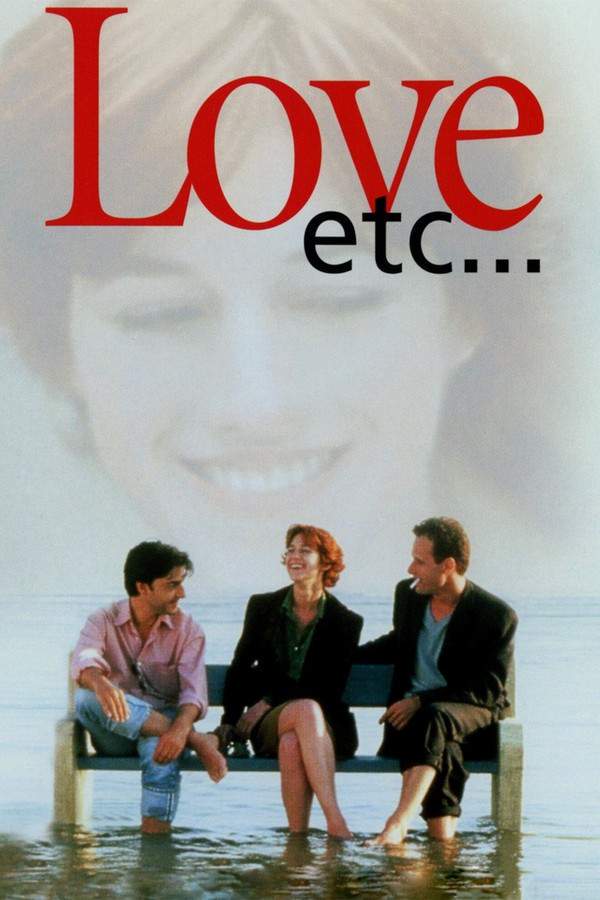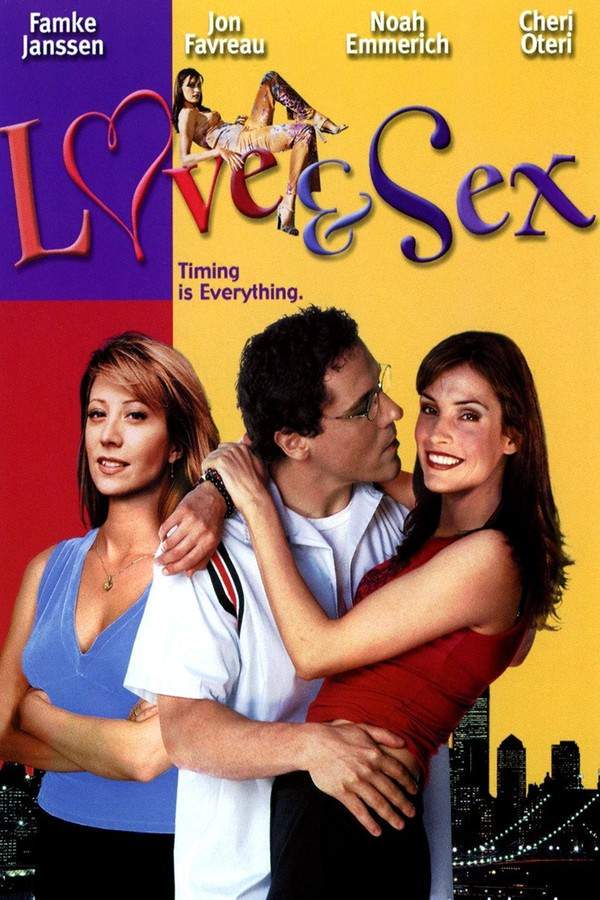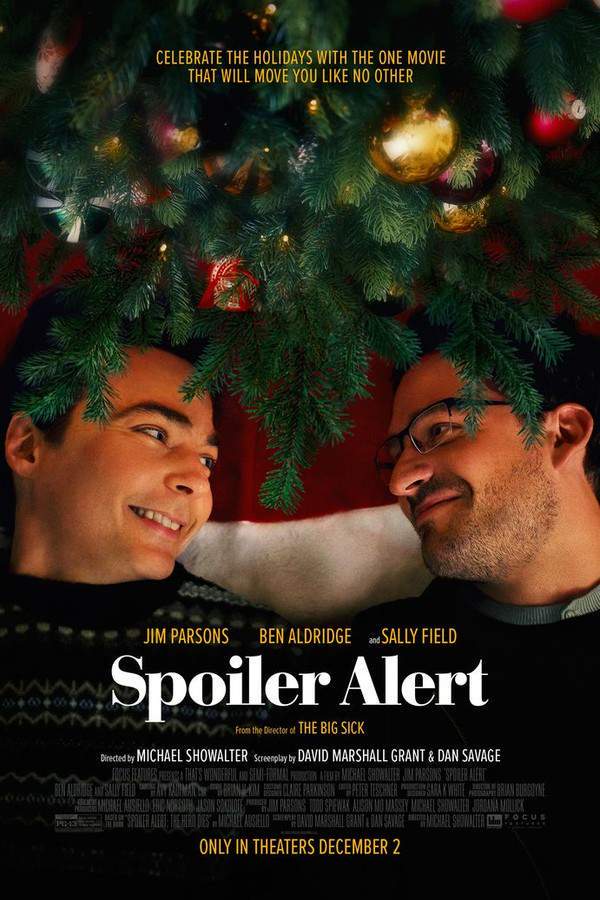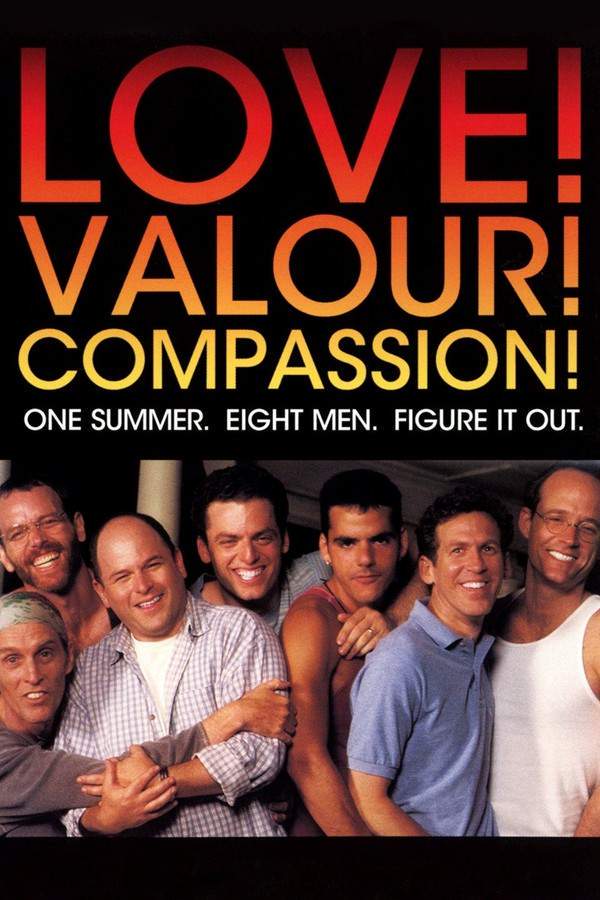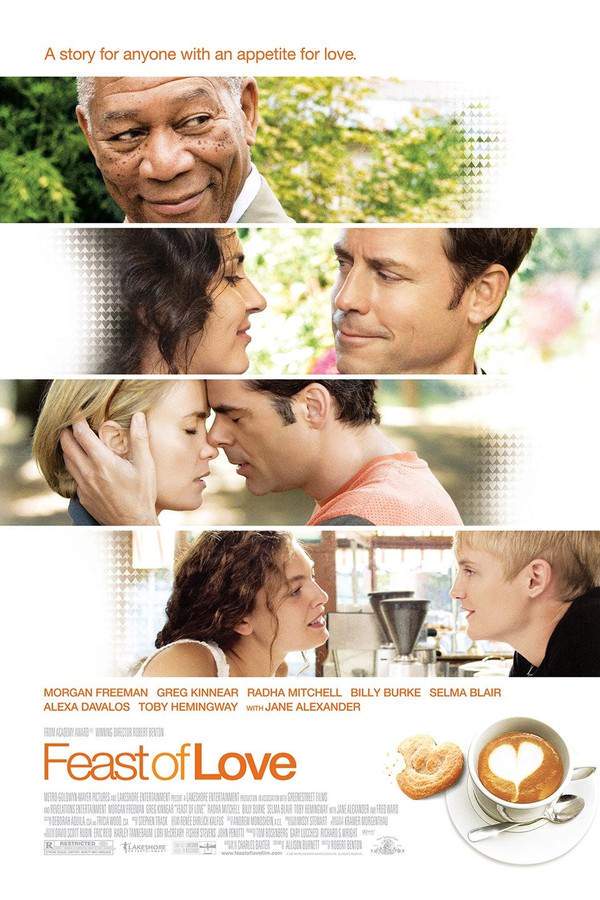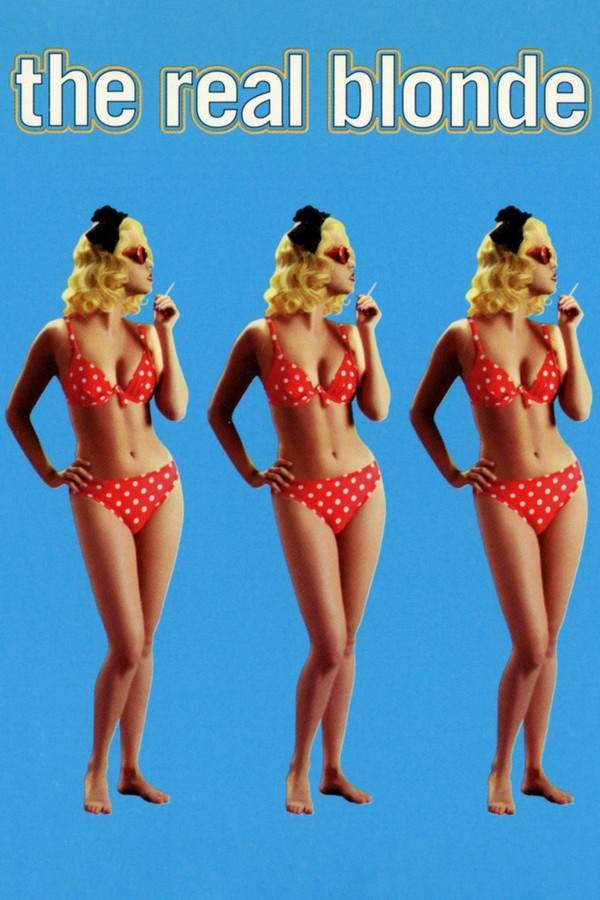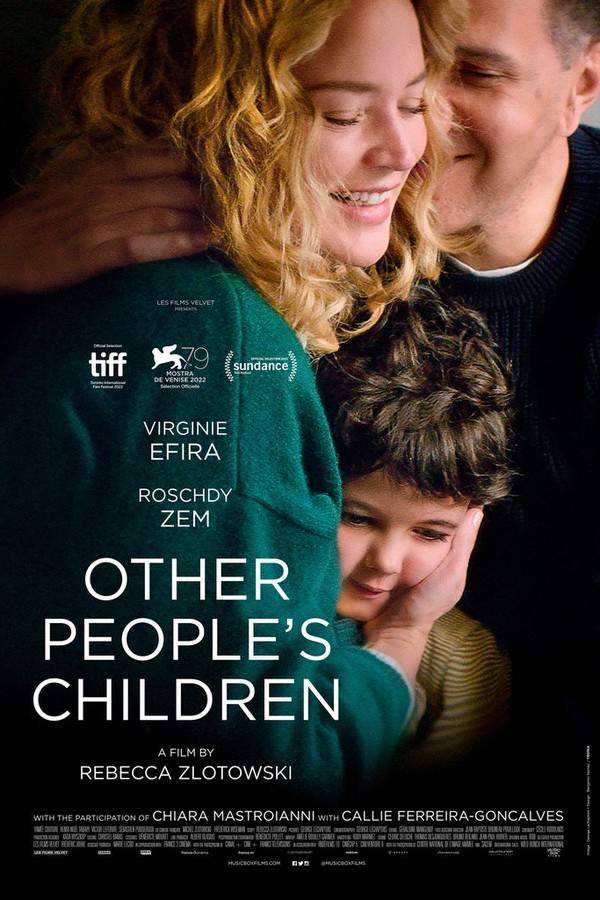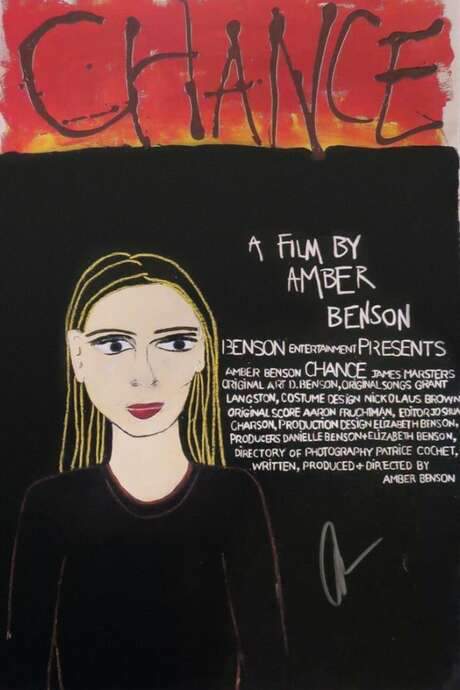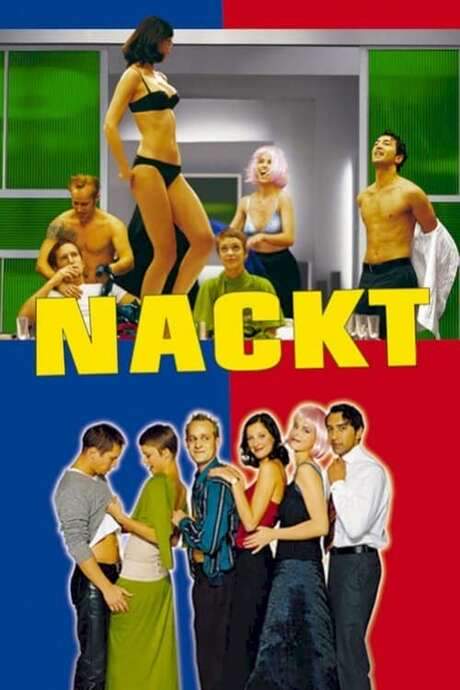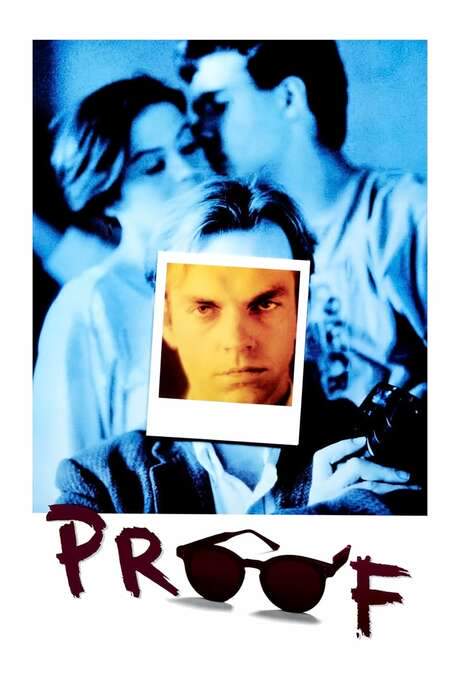
Proof
Year: 1991
Runtime: 90 mins
Language: English
Director: Jocelyn Moorhouse
Martin, a talented young blind photographer, finds his world split between a budding friendship with Andy, a restaurant employee, and the intense, possessive love of Celia, who becomes increasingly jealous of his new bond. The film examines how trust must be proven before love can truly flourish.
Warning: spoilers below!
Haven’t seen Proof yet? This summary contains major spoilers. Bookmark the page, watch the movie, and come back for the full breakdown. If you're ready, scroll on and relive the story!
Timeline & Setting – Proof (1991)
Explore the full timeline and setting of Proof (1991). Follow every major event in chronological order and see how the environment shapes the story, characters, and dramatic tension.
Last Updated: October 04, 2025 at 12:36
Main Characters – Proof (1991)
Meet the key characters of Proof (1991), with detailed profiles, motivations, and roles in the plot. Understand their emotional journeys and what they reveal about the film’s deeper themes.
Last Updated: October 04, 2025 at 12:36
Major Themes – Proof (1991)
Explore the central themes of Proof (1991), from psychological, social, and emotional dimensions to philosophical messages. Understand what the film is really saying beneath the surface.
Last Updated: October 04, 2025 at 12:36
Explore Movie Threads
Discover curated groups of movies connected by mood, themes, and story style. Browse collections built around emotion, atmosphere, and narrative focus to easily find films that match what you feel like watching right now.
Movies about claustrophobic control like Proof
Stories where psychological manipulation and dependency create a cage of intimacy.Explore films with a similar feel to Proof, focusing on stories of obsessive relationships and psychological manipulation. If you liked the tense, claustrophobic dynamic between Martin and Celia, you'll find other movies that capture the unsettling experience of emotional entrapment.
Narrative Summary
These narratives typically focus on a vulnerable protagonist enmeshed in a relationship with a possessive or controlling figure. The conflict is internal and psychological, revolving around the protagonist's gradual realization of their situation and the difficult process of breaking free, often culminating in a bittersweet resolution that acknowledges the scars left behind.
Why These Movies?
They are grouped by their shared mood of anxious claustrophobia and their thematic focus on the darker sides of dependency and love. The pacing is often slow, allowing the tension of the unhealthy dynamic to simmer, while the tone remains consistently tense and unsettling.
Dramas about trust and perception like Proof
Character-driven stories where trust is tested and reality is questioned.Find movies similar to Proof that explore themes of blindness, trust, and deception. If you appreciated the film's focus on Martin's perception of the world and the mystery of who he could truly rely on, this collection features other thoughtful, character-driven stories with moderate complexity.
Narrative Summary
These plots often involve a central mystery or emotional conflict that hinges on the protagonist's ability to correctly interpret the people and events around them. The journey is one of discovery, where alliances shift and the true nature of relationships is revealed, leading to a resolution that redefines the protagonist's understanding of their world.
Why These Movies?
They share a focus on the theme of perception versus reality, often employing a moderate level of narrative complexity. The emotional journey is contemplative and quiet, prioritizing character development over fast-paced action, and typically results in a bittersweet or emotionally resonant ending.
Unlock the Full Story of Proof
Don't stop at just watching — explore Proof in full detail. From the complete plot summary and scene-by-scene timeline to character breakdowns, thematic analysis, and a deep dive into the ending — every page helps you truly understand what Proof is all about. Plus, discover what's next after the movie.
Proof Summary
Read a complete plot summary of Proof, including all key story points, character arcs, and turning points. This in-depth recap is ideal for understanding the narrative structure or reviewing what happened in the movie.

Proof Timeline
Track the full timeline of Proof with every major event arranged chronologically. Perfect for decoding non-linear storytelling, flashbacks, or parallel narratives with a clear scene-by-scene breakdown.

Proof Spoiler-Free Summary
Get a quick, spoiler-free overview of Proof that covers the main plot points and key details without revealing any major twists or spoilers. Perfect for those who want to know what to expect before diving in.

More About Proof
Visit What's After the Movie to explore more about Proof: box office results, cast and crew info, production details, post-credit scenes, and external links — all in one place for movie fans and researchers.

Similar Movies to Proof
Discover movies like Proof that share similar genres, themes, and storytelling elements. Whether you’re drawn to the atmosphere, character arcs, or plot structure, these curated recommendations will help you explore more films you’ll love.
Explore More About Movie Proof
Proof (1991) Plot Summary & Movie Recap
Proof (1991) Scene-by-Scene Movie Timeline
Proof (1991) Spoiler-Free Summary & Key Flow
Movies Like Proof – Similar Titles You’ll Enjoy
Non-Fiction (2019) Full Summary & Key Details
I'll Show You Mine (2023) Full Summary & Key Details
Love, etc. (1999) Story Summary & Characters
Love & Sex (2000) Ending Explained & Film Insights
Proof (2005) Story Summary & Characters
Spoiler Alert (2022) Full Summary & Key Details
Love! Valour! Compassion! (1997) Ending Explained & Film Insights
Feast of Love (2007) Story Summary & Characters
The Real Blonde (1998) Full Summary & Key Details
Other People's Children (2015) Spoiler-Packed Plot Recap
Chance (2002) Plot Summary & Ending Explained
Blind Dating (2006) Story Summary & Characters
Naked (2002) Full Movie Breakdown
Why Not! (1977) Story Summary & Characters
Just Say Love (2009) Movie Recap & Themes

